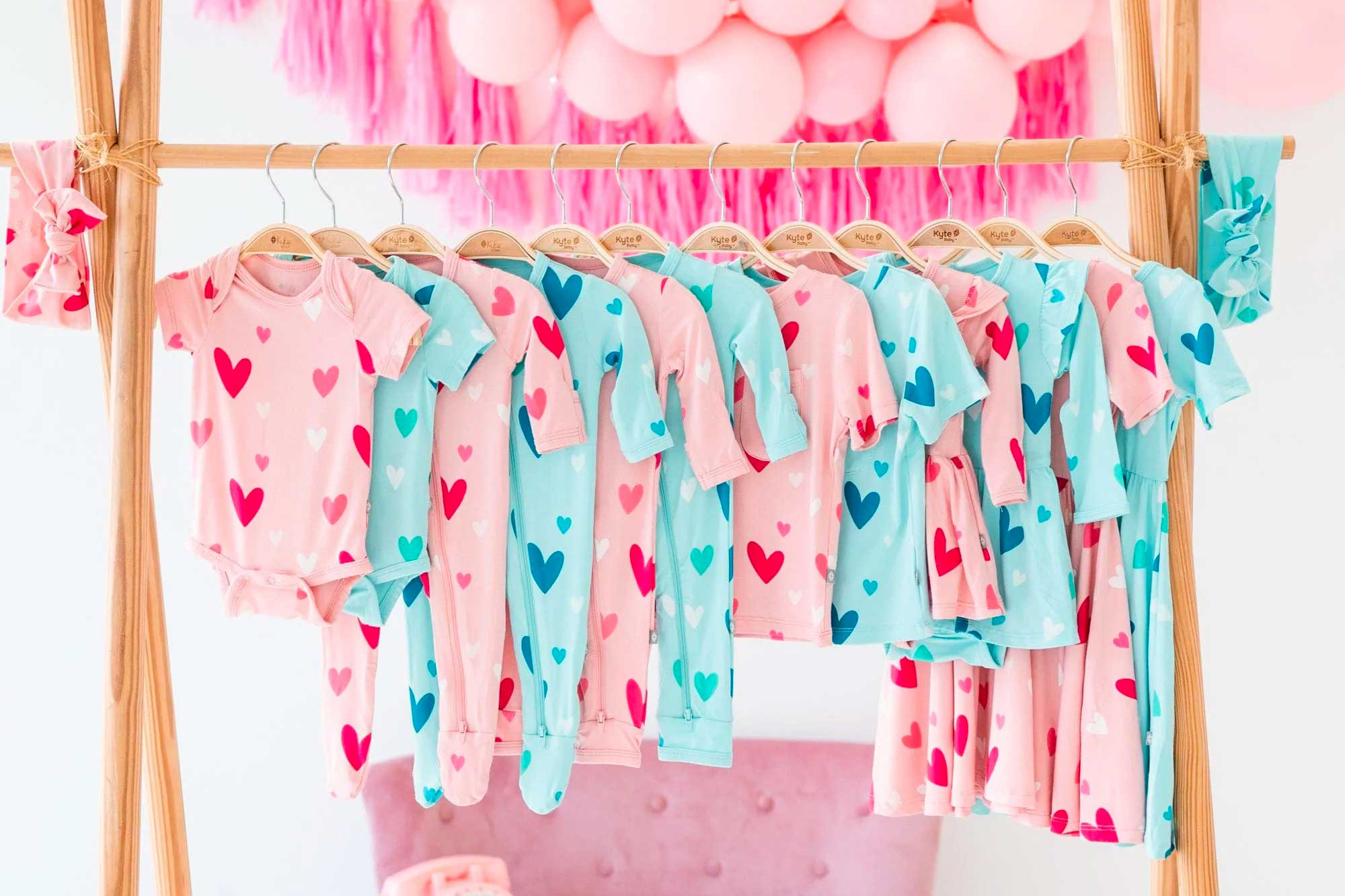
Finding a reliable manufacturer for your baby products can be a game-changer for your business. Whether you're starting a new brand or expanding your product line, understanding where and how to find the right manufacturer is crucial. In this article, I'll share helpful tips on how to locate manufacturers for baby products.
To find a manufacturer for baby products, focus on trusted platforms like Alibaba, attend trade shows, or search for factories with a proven track record in producing high-quality, safe baby products. It’s important to choose a manufacturer that aligns with your product needs, quality standards, and ethical values.
Let’s dive deeper into how to find the right manufacturer for your baby products.
How do I find a manufacturer for a specific product?
Finding a manufacturer for a specific product is all about researching potential suppliers and understanding your exact needs.
To find a manufacturer for a specific product, clearly define your product requirements and search platforms like Alibaba, or reach out to industry networks. Reviews, certifications, and factory audits are key to ensuring quality.
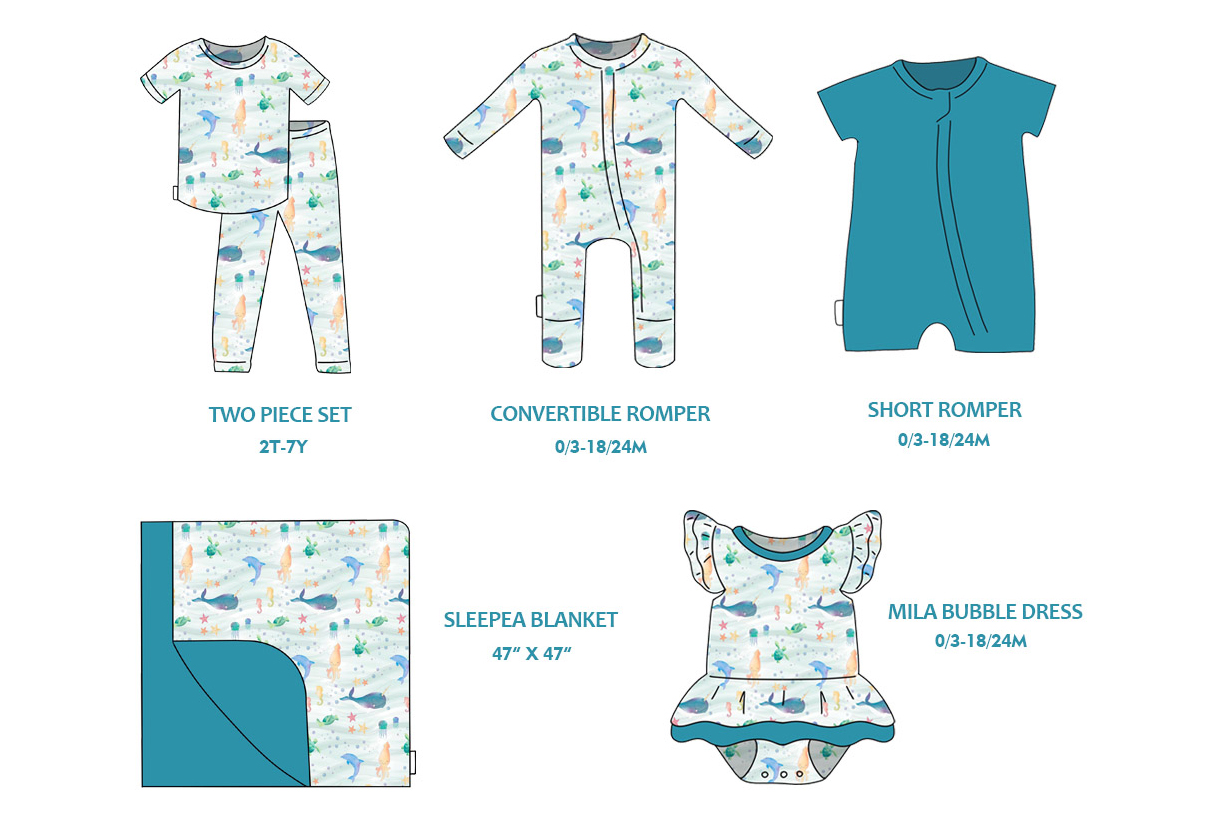
When looking for a manufacturer, the first step is understanding your product and the materials required. For example, if you are looking for baby sleepers made from bamboo fabric, search for manufacturers with expertise in bamboo textiles. Utilize sourcing platforms like Alibaba or global trade websites that specialize in your product category.
Also, consider your supplier’s location. If you're focusing on high-quality baby clothing made from organic fabrics like bamboo or organic cotton, countries like China and Vietnam are popular sources for such materials. However, ensure that the manufacturers have the certifications and quality control procedures in place to guarantee product safety for babies.
Look for factories that offer OEM (Original Equipment Manufacturer) services, as this allows for customization of your designs, fabrics, and branding. Experienced manufacturers will also provide samples quickly (within 7 days) and help guide you through the production process. Another key step is checking factory certifications like GOTS, OEKO-TEX, and BSCI to ensure ethical and sustainable practices.
Finally, reaching out directly to the manufacturers and discussing your specific needs is essential. Many manufacturers can provide custom tech packs and samples to ensure the final product meets your expectations. Having clear communication and understanding the factory’s capacity and lead times will help you make a more informed decision.
Where to Look for Manufacturers for Baby Products
- Alibaba.com – One of the largest platforms for sourcing suppliers from developing countries.
- Trade shows – Industry-specific events offer direct access to manufacturers and suppliers.
- Industry recommendations – Ask for referrals from other business owners in the baby product space.
- Google Search – Use targeted keywords related to your product to find suppliers.
How to start a baby product line?
Starting a baby product line begins with defining your niche, understanding market demand, and selecting the right supplier.
To start a baby product line, identify a niche, such as organic baby clothing or sleepwear, then find a manufacturer who specializes in that niche. Build your brand by focusing on quality, safety, and sustainability.
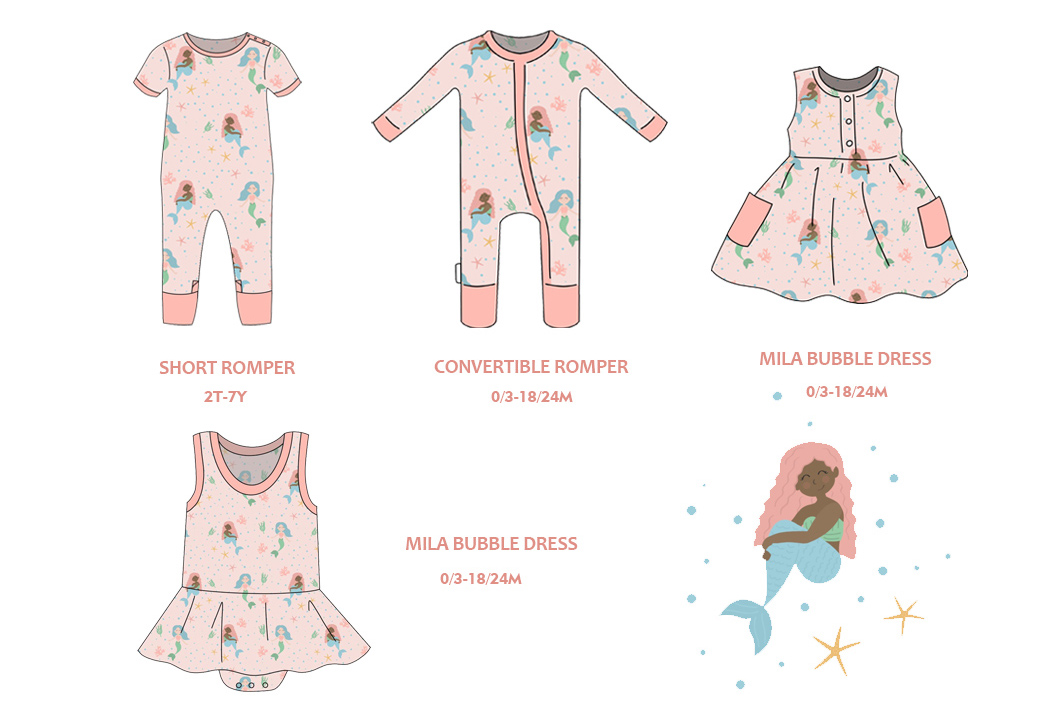
Starting a baby product line requires careful planning. Begin by researching trends in the baby product market. For example, organic baby clothing and eco-friendly products are highly sought after by parents who prioritize sustainability. Once you identify a niche, start searching for manufacturers that specialize in that category.
When selecting a manufacturer, make sure they meet your quality, safety, and ethical standards. For example, if you’re planning to sell baby sleepwear, ensure the fabrics are safe, soft, and free from harmful chemicals. You should also check whether they are familiar with regulatory standards for baby products in your target market.
Next, develop a brand identity. A clear brand message focusing on quality, safety, and sustainability can help you stand out in a competitive market. Once you’ve found the right manufacturer, it’s time to create prototypes and begin testing them in the market.
Steps to Start Your Baby Product Line:
- Research market demand and trends.
- Choose a specific product niche.
- Find a trusted manufacturer.
- Develop your brand identity and design.
- Test your products with a small batch or samples.
Where can I find where a product is made?
Finding out where a product is made can help you ensure quality and ethical sourcing.
You can find where a product is made by asking the manufacturer directly, checking product labels, or using third-party services to trace the product's origin.
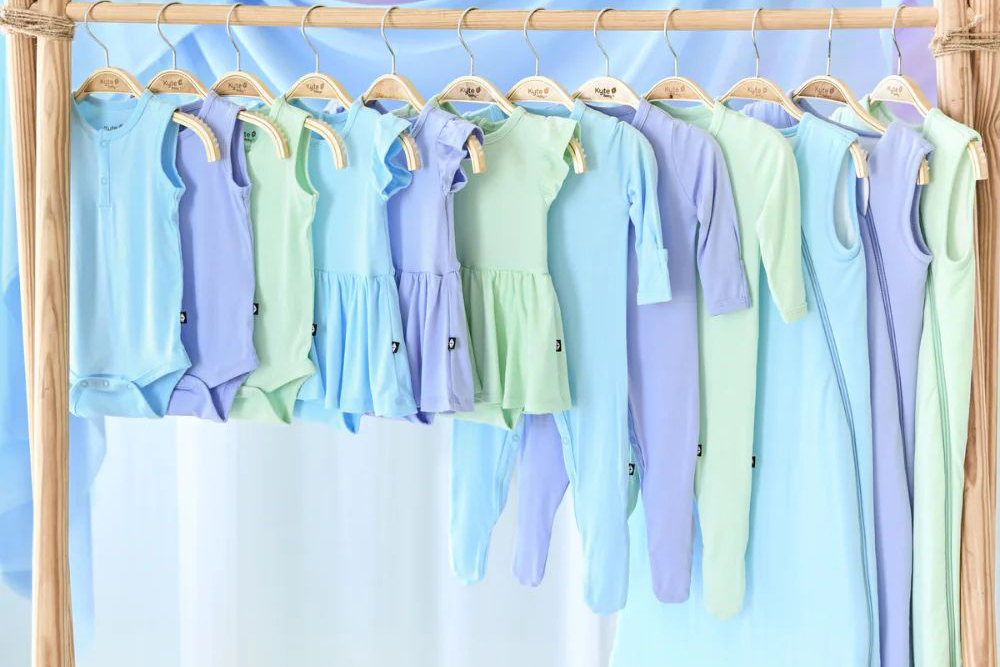
To find out where a product is made, start by asking the manufacturer directly. Most manufacturers are transparent about their sourcing and production locations. If you're working with a supplier through platforms like Alibaba, the product listings often include the country of origin.
Alternatively, if you're working with a large retailer, check the product labels or descriptions on their websites. Ethical sourcing practices may also include certifications such as Fair Trade, GOTS, or OEKO-TEX, which can provide insight into where and how products are made.
It’s important to know the country of origin because different countries have different regulations regarding product safety, labor standards, and sustainability practices. For instance, baby clothing made in countries with strict regulations like the EU or the USA is likely to meet higher safety and quality standards than products from countries with less rigorous oversight.
How to Trace Product Origin:
- Ask the manufacturer directly.
- Look for certifications.
- Check product labels.
How do I contact manufacturers to sell their products?
Reaching out to manufacturers effectively is key to building a solid business relationship.
To contact manufacturers, email them directly, introduce your brand, and explain your requirements. Be clear about what you need and ask for samples or more information.
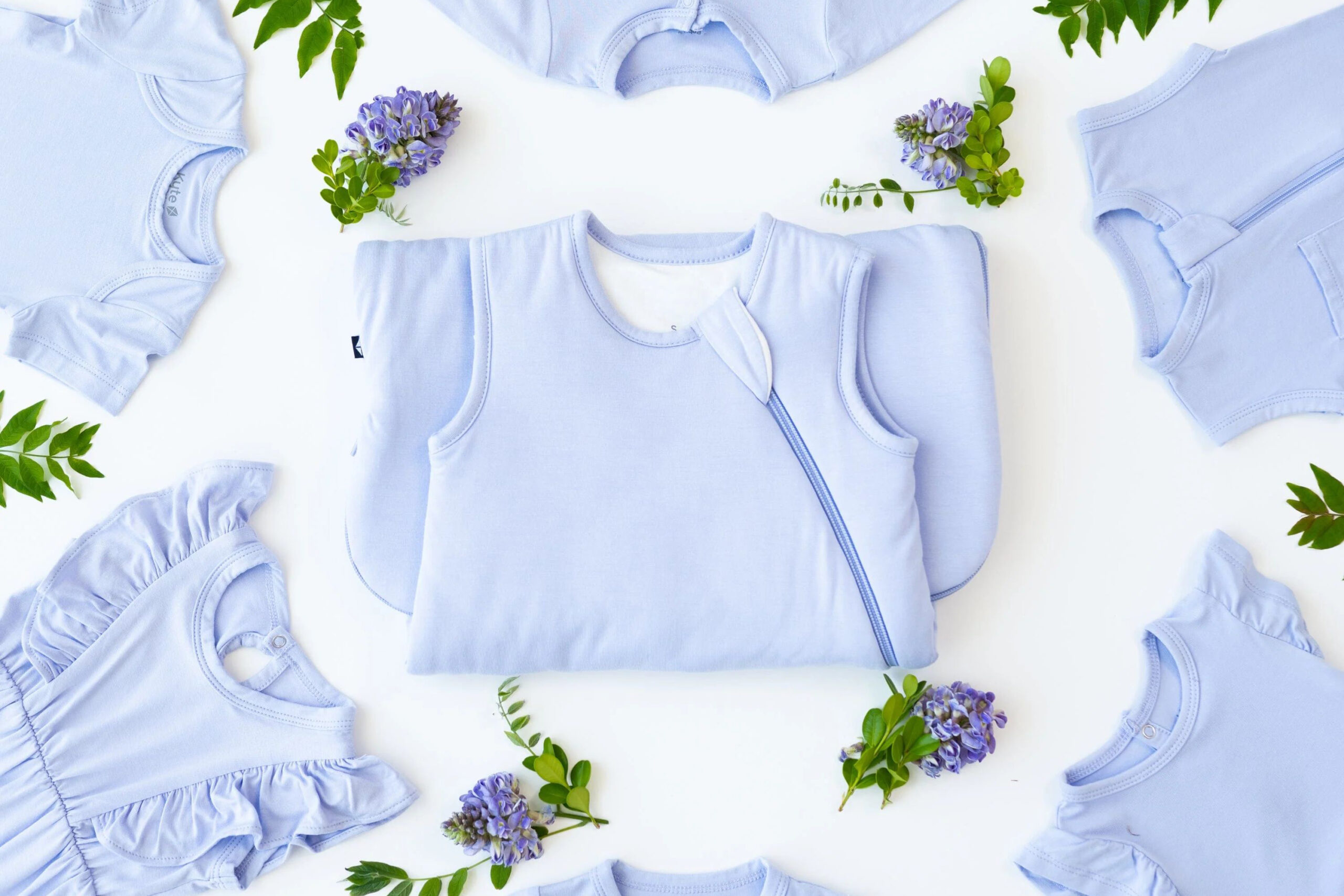
When contacting manufacturers to sell their products, begin by introducing your business and clearly outlining your product requirements. Be specific about your needs, including materials, sizes, and quantities. If you’re interested in private-labeling or customizing products, make sure to mention that as well.
Send a professional email with your business details and ask if they can provide samples or product catalogs. You should also inquire about lead times, minimum order quantities (MOQ), and pricing. Many manufacturers prefer to communicate via email, but platforms like WhatsApp or WeChat are also commonly used for quicker responses.
Once you receive samples or quotes, review them thoroughly. Don’t hesitate to ask for further details or clarification on product specifications. Building a good relationship with your supplier is important, so maintain clear and respectful communication throughout the process.
Tips for Contacting Manufacturers:
- Be clear about your product needs.
- Request samples before placing large orders.
- Maintain professional communication.
Are baby products in high demand?
Sub-heading leading paragraph...
Yes, baby products are in high demand, particularly those that offer convenience, safety, and sustainability.
Baby products like organic clothing, eco-friendly items, and sleepwear are increasingly in demand. Parents are looking for products that offer both comfort and sustainability.
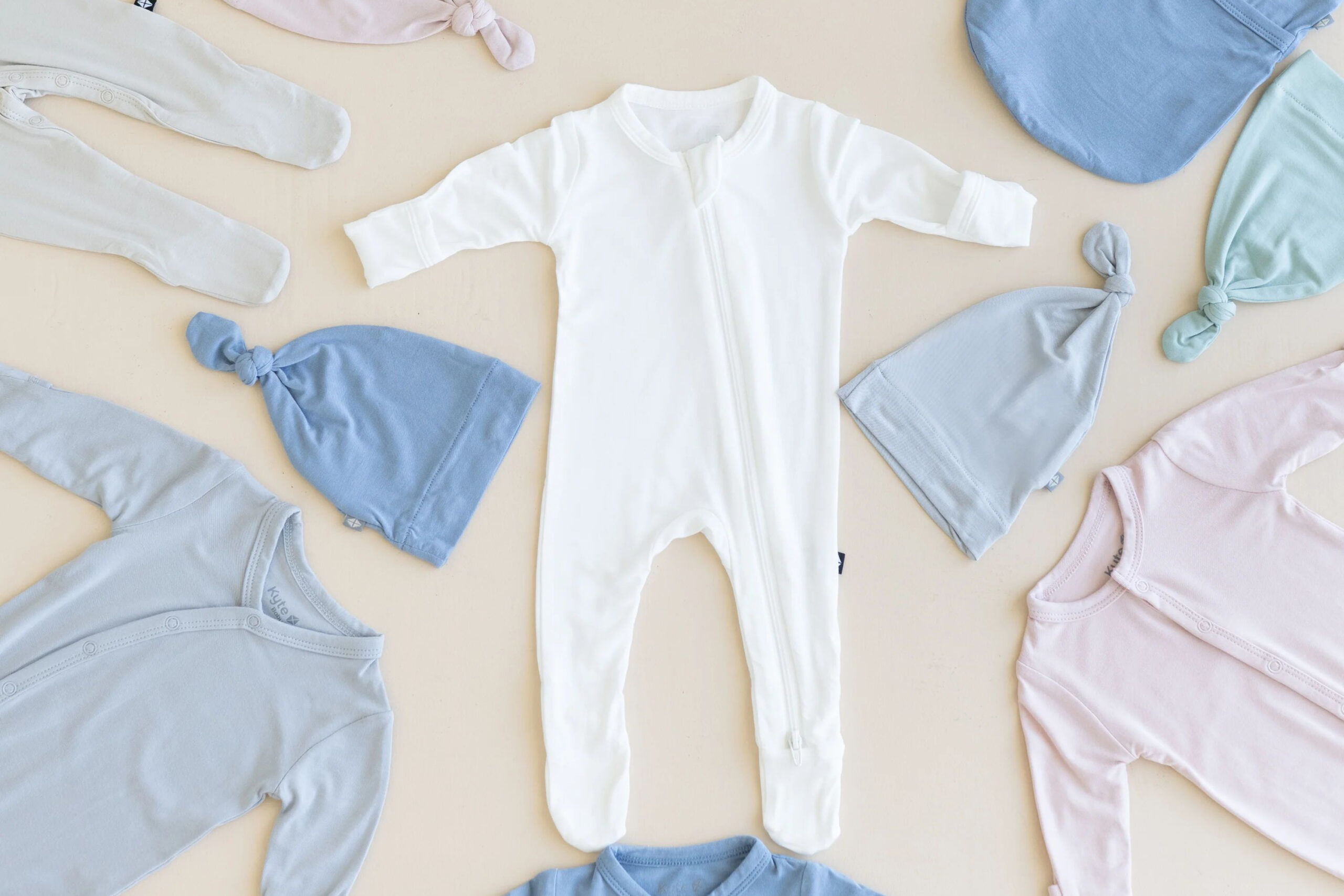
The demand for baby products has seen consistent growth, especially for eco-friendly and sustainable options. Parents today are becoming more conscientious about the products they choose for their babies, preferring items made from organic cotton, bamboo, and other environmentally friendly fabrics.
The rise of e-commerce has also contributed to the high demand for baby products, as more parents are shopping online for convenience and better product selection. Baby sleepwear, rompers, and sleep bags are particularly popular, as they provide comfort and safety for babies while promoting a good night’s sleep.
With more consumers prioritizing health and sustainability, there’s also a growing trend for products free from harmful chemicals and produced under ethical working conditions. This creates an opportunity for brands to cater to a conscious consumer base while differentiating themselves in a competitive market.
Baby Product Trends to Watch:
- Eco-friendly materials (bamboo, organic cotton).
- Convenience and multi-functional designs.
- Sustainable packaging.
Conclusion
In conclusion, finding the right manufacturer for your baby products takes time and research. Focus on quality, sustainability, and clear communication to ensure the best outcomes for your brand.